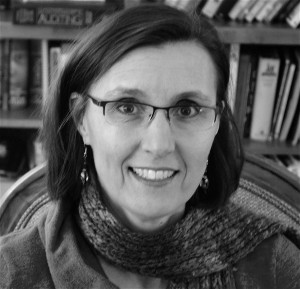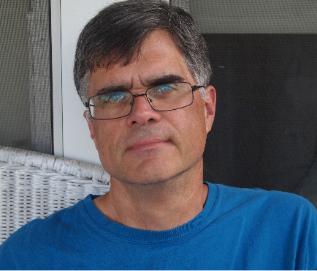 Recently, in my graduate fiction workshop, we were chewing over that vexing subject of the artist’s role in human society. Our discussion stemmed from having just read William H. Gass’s provocative essay “The Artist and Society,” which originally appeared in The New Republic in 1968 and then was reprinted in his 1971 collection Fiction and the Figures of Life. Gass’s theme is a timeless one certainly, dating back far earlier than the 1960’s. How can one not remember Percy Bysshe Shelley’s famous formulation from 1821 that “Poets are the unacknowledged legislators of the world”? It’s a line that sounds grand but has never made much sense to me, to be honest. Unless we take “legislator” to mean something entirely different from what it actually does. I’m from Washington DC. I know about all about legislators.
Recently, in my graduate fiction workshop, we were chewing over that vexing subject of the artist’s role in human society. Our discussion stemmed from having just read William H. Gass’s provocative essay “The Artist and Society,” which originally appeared in The New Republic in 1968 and then was reprinted in his 1971 collection Fiction and the Figures of Life. Gass’s theme is a timeless one certainly, dating back far earlier than the 1960’s. How can one not remember Percy Bysshe Shelley’s famous formulation from 1821 that “Poets are the unacknowledged legislators of the world”? It’s a line that sounds grand but has never made much sense to me, to be honest. Unless we take “legislator” to mean something entirely different from what it actually does. I’m from Washington DC. I know about all about legislators.
When I was in my wandering twenties and searching for a satisfactory career within which to apply my English degree, I toyed with the idea of finding employment in a congressional office on Capitol Hill. I did end up trying but was unsuccessful in my attempt, probably because I was completely half-hearted in my approach. Deep down I knew that working for a congressman wasn’t really what I wanted to do or what I should do. After all, I had come to the conclusion years earlier, early on in my college days in fact, that while everyday politics seems to get the press’s and the public’s attention, in the long run the arts have a lot more to do with forming human people and human societies; the arts, one could argue, help form the human soul. And how could there be anything more vital and more lasting than that? I was sure then that I was right, and I remain sure now. Indeed, when we look back on past eras it is the political events that we often have a hard time remembering, while it is the artistic accomplishments that we study and revere. And it is those societies whose artistic accomplishments seem minimal that we dismiss as less vigorous and less interesting, less demanding of our attention.
But knowing all that doesn’t really help the contemporary workaday artist struggling for purchase in a society that seems indifferent to him or her. It’s unavoidable that artists–whether literary, musical, theatrical, or visual–all go through periods of profound alienation from the culture in which they exist; and I dare say that most suffer a kind of low-level alienation their whole lives. Alienation from institutions; alienation from coworkers; alienation from churches; alienation from the world of commerce; alienation (most painfully) from the families in which they were raised; possibly even alienation from their own spouses. This alienation seems especially acute here in America, where–more than in any other country I can think of–an artist is made to apologize for and explain his or her ambition. Calvin Coolidge famously noted that “the business of America is business.” Sad to say that more than ninety years after that appraisal, with all the social upheavals and revolutions that have since occurred, the statement may be more true now than ever. No one ever asks a businessman to explain his interest in business. No one makes him explain why. No one makes him squirm. Too bad artists are not afforded the same respect. But they aren’t. Period. Hence this blog post and the discussion in my fiction workshop class.
So given the climate in this country–a climate that looks to get only more harshly anti-artistic and nihilistically money-grubbing with the advent of the Trump administration–it is fair to ask what’s an artist to do here. What can he or she hope to accomplish? How can he or she ever influence more than a narrow band of people? How can he or she actually affect a whole culture? It’s a common adage about writing that writers take up their pens (or their computers) because they have something to communicate, important messages to pronounce, compelling ideas to pass along. In fact, that perspective seemed to dominate the discussion in my fiction workshop class. One student stated quite plainly that he knew all of his readers “would not agree with [him]” but that didn’t matter; what mattered to him was getting his ideas down and out. He was confident that those ideas would certainly affect someone, and possibly in compelling ways. Another student argued that all the absurd prejudices and false ideas he saw professed by those around him, even those in his own family, maybe especially by those in his own family, would eventually be disproven by science. Science would eventually provide answers to everything, and the force of its cool logic would prove too powerful to deny. We all found this student’s faith in science, and, even more, his faith in his countrymen’s ability to listen to reason, conspicuously naive.
As interesting as the discussion was–and it was quite interesting–in the end I felt it missed the boat entirely. Because the truth is I don’t think writers–that is, creative writers, the kinds of writers and writing about which I specialize–write because they have “something to say,” some specific message with which a reader would instantly agree or disagree. If that were true, the job of the novelist would be essentially no different from that of the sermonizer or the philosopher or the editorial writer or–more harshly–the propagandist. In my opinion, those jobs are vastly different from that of the novelist. I can only speak for myself, of course, but I cannot tell you anything in particular that “I have to say,” any singular message or compulsive idea that drives me to write. I write because I want to tell stories. That’s it. That’s what I want to do. And that’s true whether I’m writing a short story, a one-act play, a poem, or a memoir. I want to tell stories that engage a reader’s imagination. After all, this quality is exactly what makes creative writing so different from any other form of written communication. So when I hear terms like “the fiction of ideas” I tense up; not because I don’t think fiction can transmit ideas, but because I worry that a fiction writer who defines himself or herself as such won’t take care of his first and only mandatory duty–to tell a story; I worry she will use the idea of ideas as an excuse to avoid that duty.
But here’s the rub, and here’s the magic. If I say that creative writing isn’t primarily about transmitting ideas does that mean that creative writing can’t be deeply affecting, even formative? Do I mean it’s no more than escapist entertainment? No, not at all. I would not assert that the stories I write are “merely” anything at all, and certainly not escapism. But if you’re not in the game of making messages, I hear you ask, how do you expect that what you write will affect the wider culture? I’m going to answer that question by ending this post the same way I opened it: with William H. Gass. Gass does not have the exclusive answer to your question, but he does have a great one. Gass asserts that artists definitely do affect their culture, but not from spinning any coherent “messages.” Indeed, despite being a philosopher himself, Gass does not look for a sustained, organized philosophy from the fiction writer. What does Gass think fiction can do? In a world in which we are too quick to dismiss the humanity of those outside of our immediate tribe, when we are given to characterizing others with prejudiced and belittling slogans, so much so that we dismiss their lives as fundamentally unreal–we “unperson” them, to use Gass’s phrase–it is fiction, Gass argues, that can act as a corrective. It is fiction (broadly defined) that reminds us how real we all are, and how more real we can be. “Works of art confront us the way few people dare to: completely, openly, at once. They construct, they comprise, our experience; they do not deny or destroy it; and they shame us, they fall so short of the quality of their Being. We live in Lafayette or Rutland–true. We take our breaths. We fornicate and feed. But Hamlet has his history in the heart, and none of us will ever be as real, as vital, as complex and living as he is–a total creature of the stage.”
How do we affect reality? By adding to reality. That’s what a good, well-told story is: a beautiful object added to the sum of what we are as people, what we have done, what we can do. Gass: “The aim of the artist ought to be to bring into the world objects which do not already exist there, and objects which are especially worthy of love.” That’s enough–and that’s everything. A well-crafted human tale matters more than any message. And maybe it matters more than ever now, following a presidential campaign that from its very first day, its very first speech, attempted to “unperson” an entire population, and then went on to “unperson” several others. Maybe the way we “defeat Trump” is to portray reality so broadly, so fully, and so compellingly that even he and his lackeys and his henchmen and his sycophants cannot deny it.
And I guess that’s being a legislator for real.
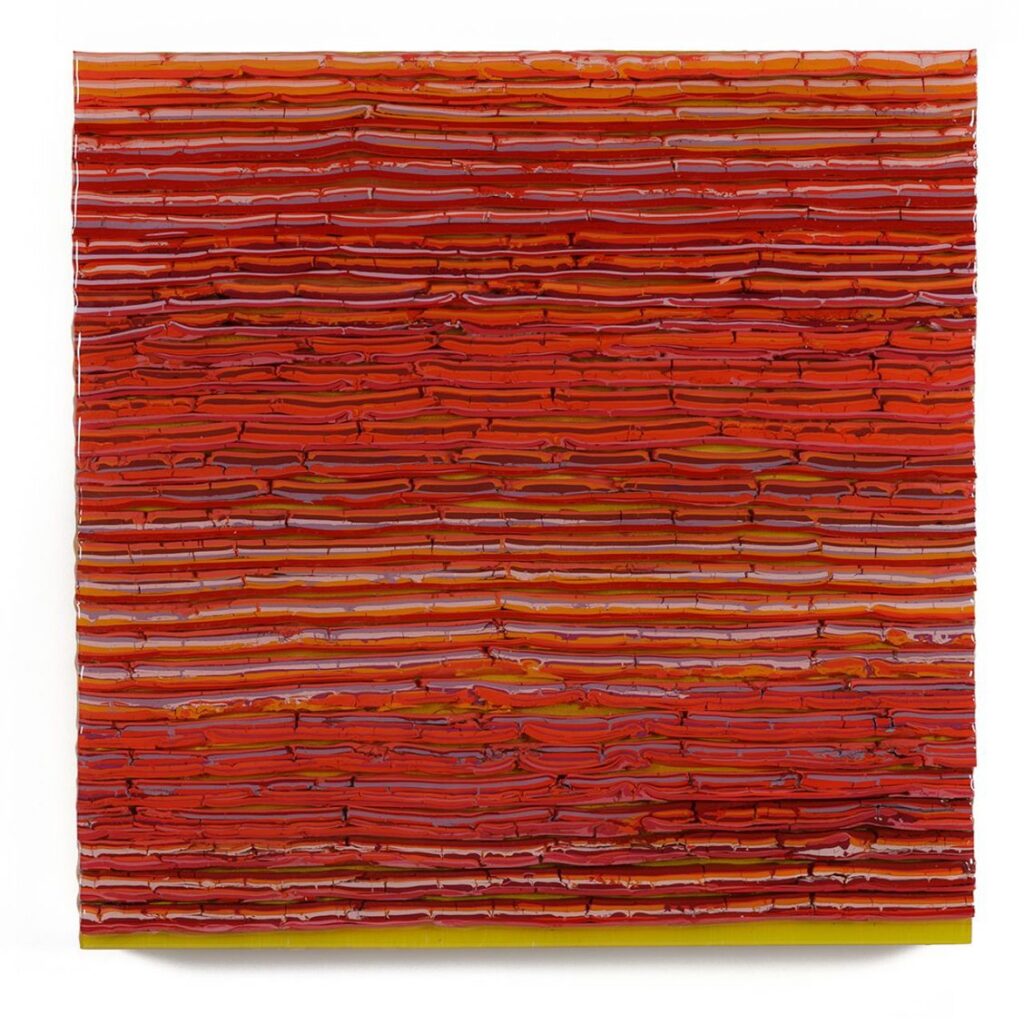
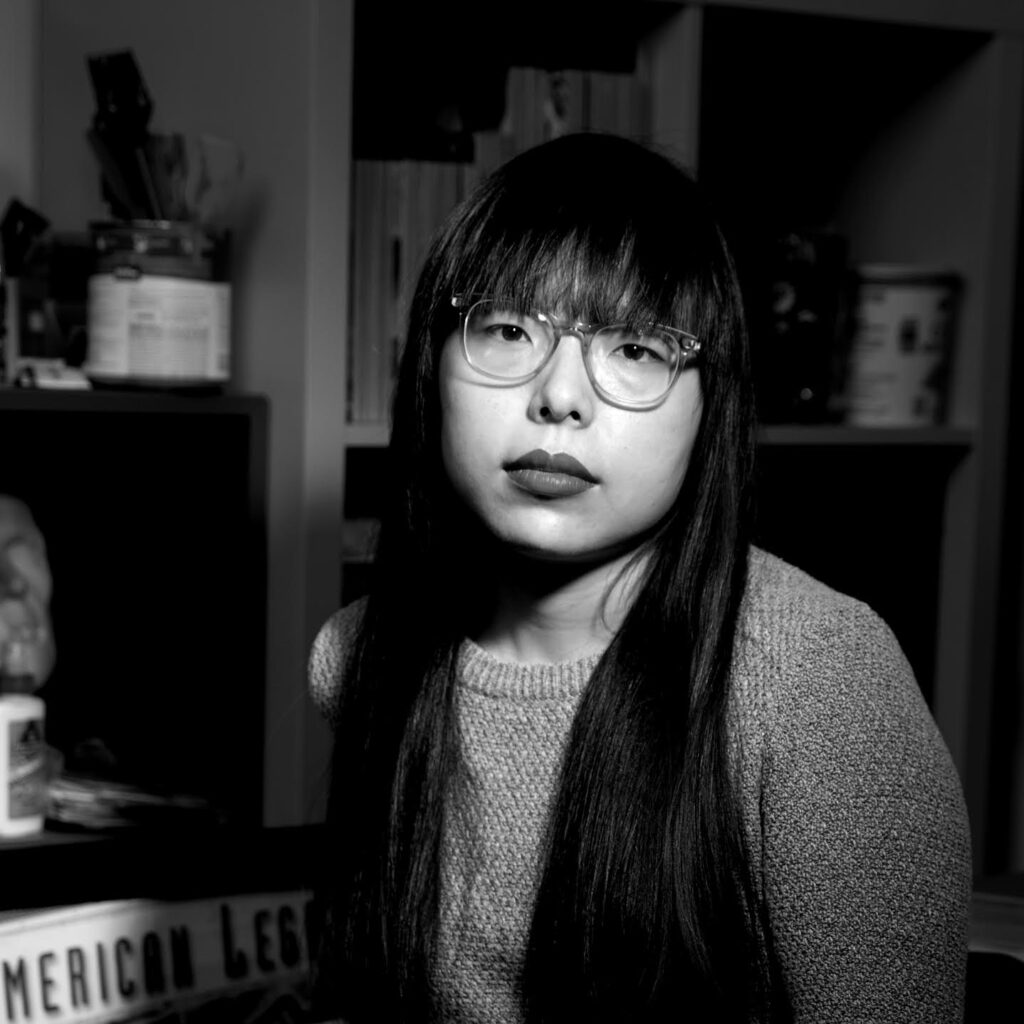
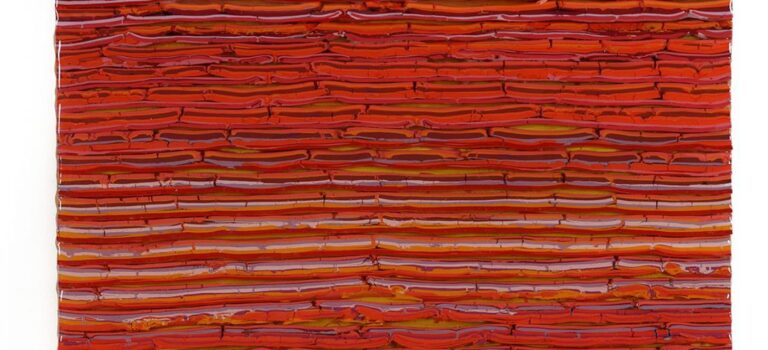
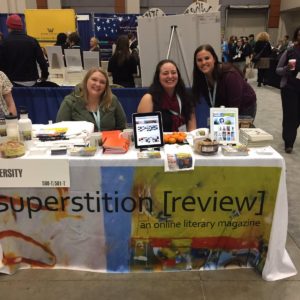 This weekend Superstition Review has a table at the AWP Writers’ conference in Washington DC. We have some really cool swag, including mugs, t-shirts, and notebooks we are raffling to convention-goers. If you’re at AWP this weekend and want to win, follow us on twitter
This weekend Superstition Review has a table at the AWP Writers’ conference in Washington DC. We have some really cool swag, including mugs, t-shirts, and notebooks we are raffling to convention-goers. If you’re at AWP this weekend and want to win, follow us on twitter  Recently, in my graduate fiction workshop, we were chewing over that vexing subject of the artist’s role in human society. Our discussion stemmed from having just read
Recently, in my graduate fiction workshop, we were chewing over that vexing subject of the artist’s role in human society. Our discussion stemmed from having just read 




